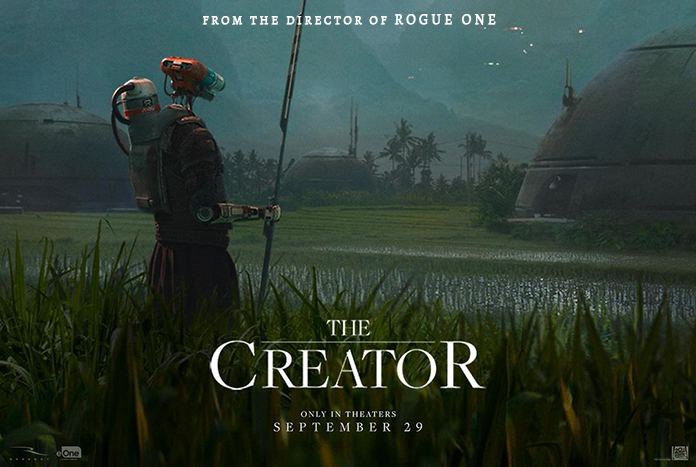The BFI Sets Out Its Ambitious New Ten-Year Strategy, Screen Culture 2033
(cineuropa.org)
At the end of last month, the BFI unveiled a new ten-year development strategy and three-year funding plan, laying out the cultural and economic impact that the organisation hopes to achieve, and reaffirming its commitment to screen storytelling in all its forms. The strategy objectives and research are laid out in Screen Culture 2033, a 46-page document that outlines its plans to become a “resilient, sustainable, digital-first and diverse organisation with a plurality of voices”, whilst its National Lottery Funding Plan will commence next April, with a total of £136 million parcelled out over three years to fund “creative storytelling”, audience development and educational ventures.
At the strategy’s programme launch, broadcast through a pre-recorded video, BFI chief executive Ben Roberts summarised six major ambitions for this new phase in the organisation’s growth: a pledge to “diversify its audience”, aiming to be an “open house for the discovery and enjoyment of film and the moving image”; a commitment to the “full breadth” of screen culture, including a renewal of its support for video games and interactive work; establishing the BFI Archive as the “most open moving-image collection in the world”; increasing the accessibility and strength of its digital services through a new platform, BFI+; long-term strategies for education and skills, from schools to professional training; and using its funding to address “market failure”, stepping in with its own capital to create “cultural and economic impact”.
For Roberts, finally unveiling this strategy – prepared after 13 months of consultation with the local industry, the UK government and the public – will help the BFI maintain its financial security and resilience. As he comments in the report’s foreword, “If we don’t take the appropriate action now, we will have a growing financial challenge for years to come. We receive 2.7% of the National Lottery’s income, but the size of the overall National Lottery pot has fallen, and we have to do more with less. To deliver on our vision, we’ll need to grow the income that we generate ourselves.” Although the BFI is partially funded by the government’s Department for Culture, Media and Sport, it also relies heavily on grants, aid and philanthropy, in addition to revenue generated from its commercial activities, such as the BFI London Film Festival and the BFI Southbank venue.
Beyond the necessary concern about its economic sustainability, the Screen Culture 2033 venture – named partly to celebrate the BFI’s centenary in that year – is meant to harbour a future-forward outlook, acknowledging how we live our lives mediated by screens of all kinds, and have thus “become literate with the language of moving images”. The opening text of the presentation betrayed the BFI’s commitment to this in deceptively simple language: “We share the stories of yesterday, search for the stories of today, shape the stories of tomorrow.” And these stories aren’t solely to be seen in cinemas: in an interview with The Guardian, Roberts expanded further on this philosophy for his tenure at the head of the organisation, a role he assumed just before the pandemic. “We quite deliberately use the words ‘screen culture’, and we all know screens are the universal cultural space,” he said. “I really think it matters that, given we are at a moment when we derive most of our information from a screen, we are able to interpret what we are receiving, that we understand notions of authorship and integrity.” He went on to point to younger people’s embracing of TikTok and video games as evidence of this: “It’s a visual language and grammar.”
BFI chairman Tim Richards said in a further statement, “The ambitions we lay out in Screen Culture 2033 and the BFI National Lottery Strategy aim to expand opportunities for creators, audiences, educators and industry, ensuring the screen culture produced and consumed in the UK truly reflects our vibrant and diverse population.”
By: David Katz
Continue Reading at cineuropa.org













